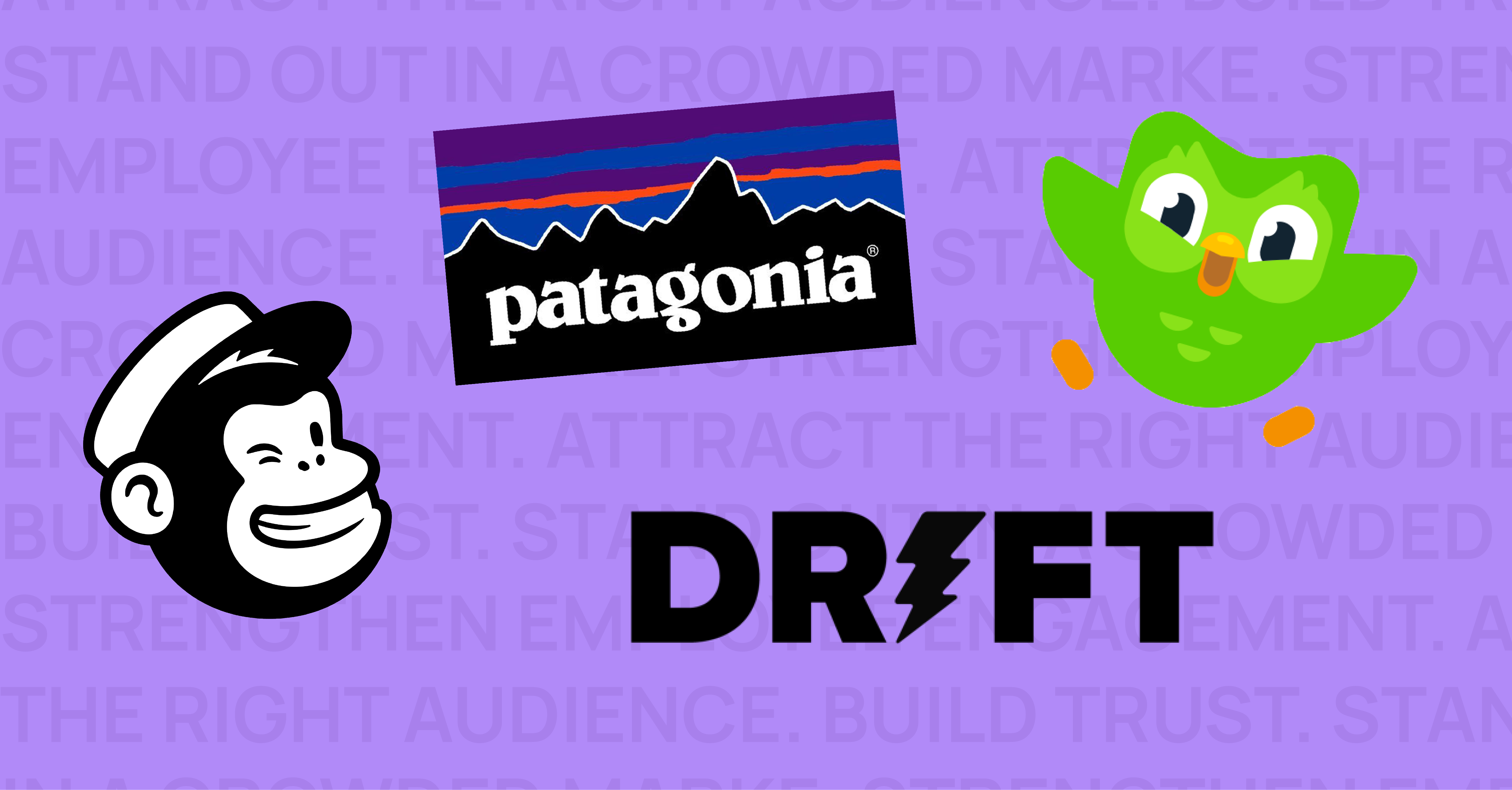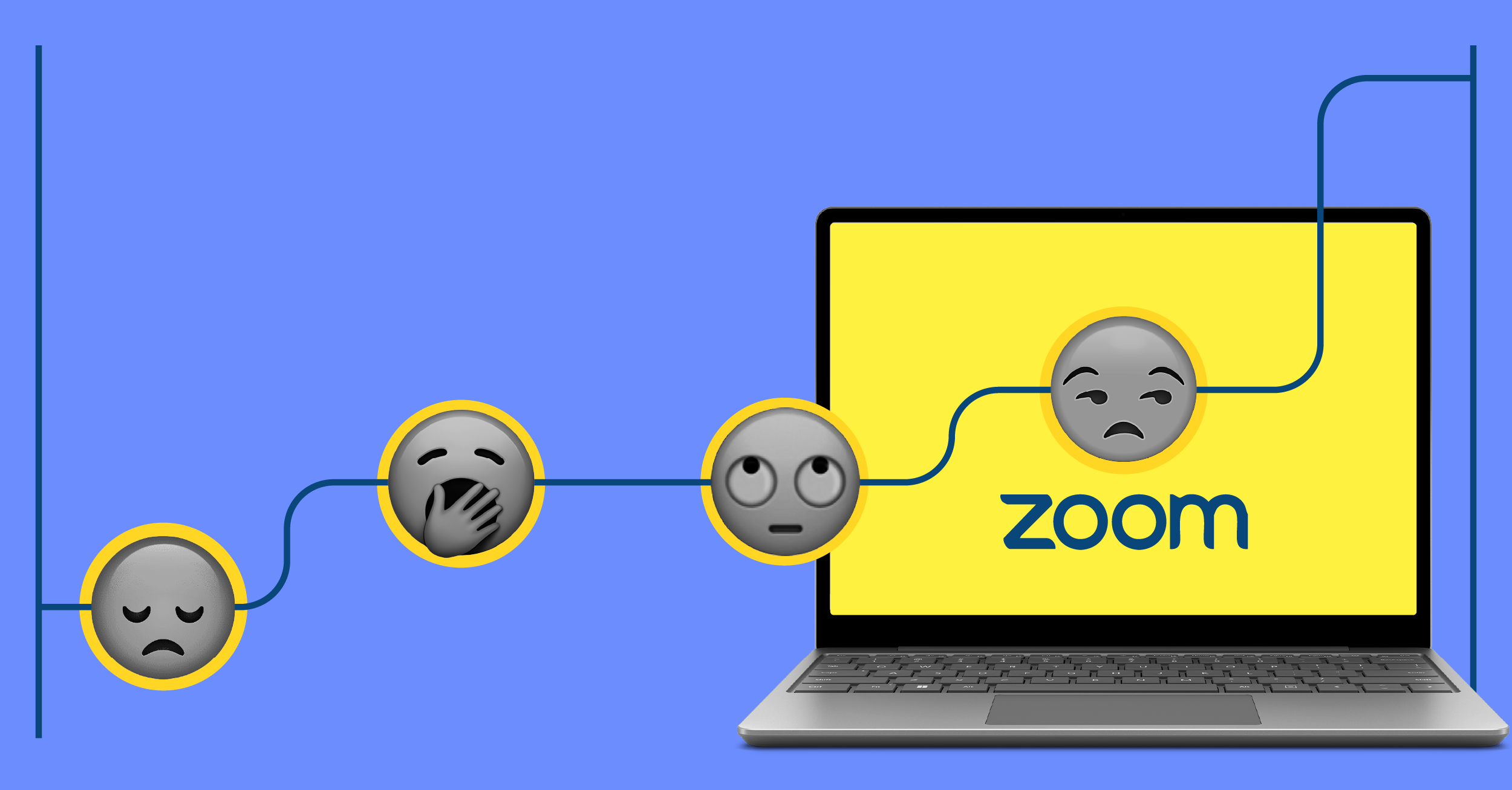In December 2019, an article published by The Verge exposed a toxic work culture at Away. Employees reported verbal abuse, bullying, and other transgressions, all amplified by a grow-at-all-costs mentality.
Away is a direct-to-consumer travel brand best known for their crayon-colored, hard-shell suitcases, with prices starting at $225 and climbing quickly from there. Founded in 2015, Away has become a poster child for success, led by two female co-founders, and valued at $1.4 billion.
But Away’s luster has taken a hit in recent months. Much of the controversy ties back to their CEO, Steph Korey, who many employees identify as the source of the hostile work environment. Less than a week after The Verge article was published, Korey stepped down, retreating to a new role as executive chairman. The move was framed as a previously planned transition and unrelated to the exposé. At the time, the company announced a new CEO, Stuart Haselden. One month later, it was announced that Korey would return as co-CEO of Away, alongside Haselden.
In general, workplace culture is challenging to talk about because it’s more of a feeling than a tangible list of “must-haves.” These feelings can vary from employee to employee, but at its core, it’s simple: people want to be treated like people. They want to feel valued, trusted, challenged, and safe. There are countless ways to create those feelings. While it’s up to every individual to nurture this culture, employees look to leaders for cues on how much time and effort they should invest in that culture.
The Away debacle is a glaring reminder that every organization should regularly check-in on their company culture. Aside from the moral obligation to “do what’s right,” leaders should be invested in their organization’s culture because it’s a part of their brand, for better or for worse. Culture is like a temperature — whether you think about it or not, whether you like it or not, it’s always there.
Culture affects your reputation
Work culture can be hard to define, and it’s different for every organization. Having a strong culture ties a company’s values and mission to its employees. It can often result in happy, motivated employees. If employees are satisfied in their jobs, they’re more likely to promote your business or to recommend a connection for that job. On the other hand, poor ratings on a site like Glassdoor, or negative news coverage, can create real and lasting damage to your brand. Countering a negative brand perception can be a herculean task.
Culture enhances your business
For Away, a maniacal focus on mission and growth left their work culture neglected. By ignoring the red flags, the core of Away’s culture was damaged, perhaps irreparably.
Taking the pulse of your work force gives you a sense of how things are going and allows you to flag opportunities for improvement. Investing in your employees, and where they work, is an investment in your company. By making your organization a place where people want to work, you’ll attract the right kind of candidates who buy into the mission of the organization. And, these employees will call it out if the culture goes awry. Plus, not only will you draw in great talent, but you’ll also reduce turnover and save on hiring costs.
Culture is a part of your brand
In the wave of news around Away, discussions have surfaced of alternative options, including this article, “Suitcases worth considering instead of the Away carry-on.” Consumers want their purchases to align with their moral codes and will reject a company’s products and services if it does not — even one they previously supported. Purchasing decisions are not just rational, but also are also emotional. Customers and partners want to feel good about working with you. They want to know that your employees are happy and enjoy their work.
There are many companies out there who are hitting the mark and getting culture right. Southwest Airlines infuses their mission into their culture. Customer service in the airline industry can be challenging, but Southwest Airline’s values like “Warrior Spirit” and “Fun-LUVing Attitude,” empower employees to be their best selves every day. In turn, customers often recall the friendly employees who go above and beyond.
Costco takes a “people-first” approach to workplace culture. Just last year, the organization announced that they started to raise wages across the U.S. to $15 an hour. Employees clearly value the benefits, resulting in a turnover rate of just 7%, compared to an average turnover rate of 60% across the retail industry.
There are endless ways to build strong company culture. Choose values and actions that make sense for your organization and employees. By embodying them every day, and encouraging your employees to do the same, you can build a culture everyone is excited about and proud to work in.
*Disclosure: the author is the owner of an Away suitcase.



